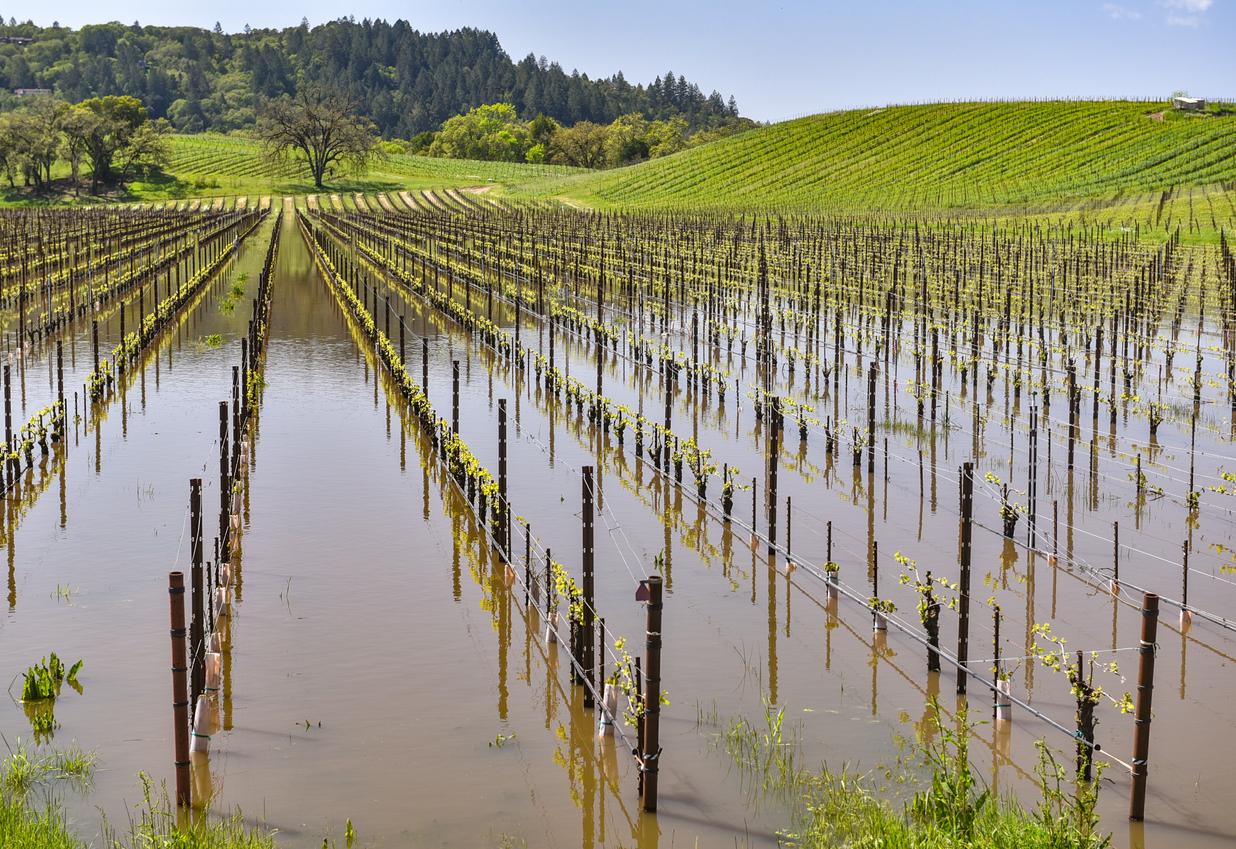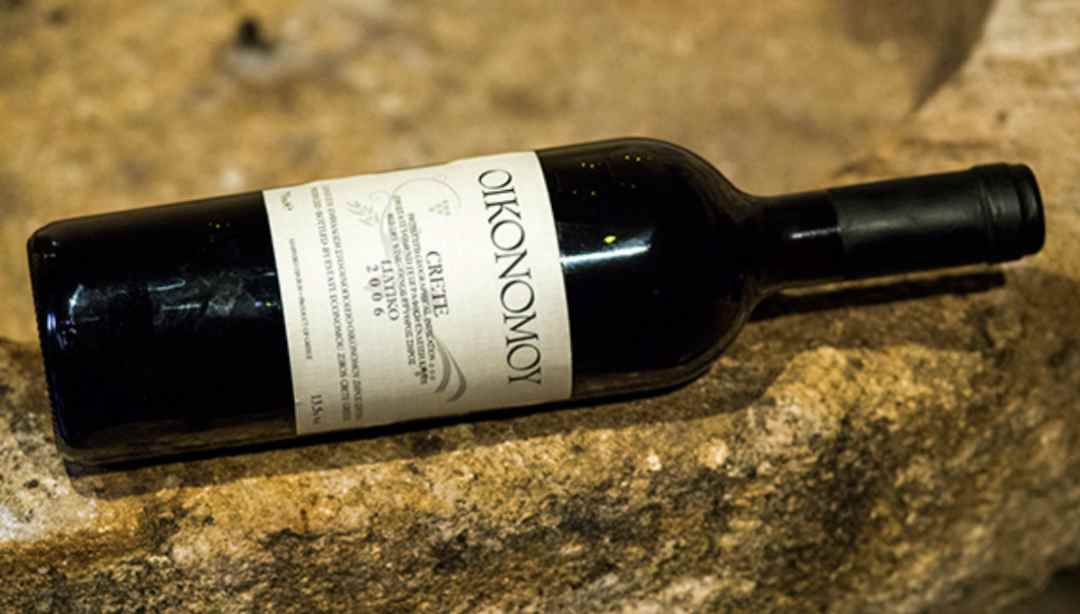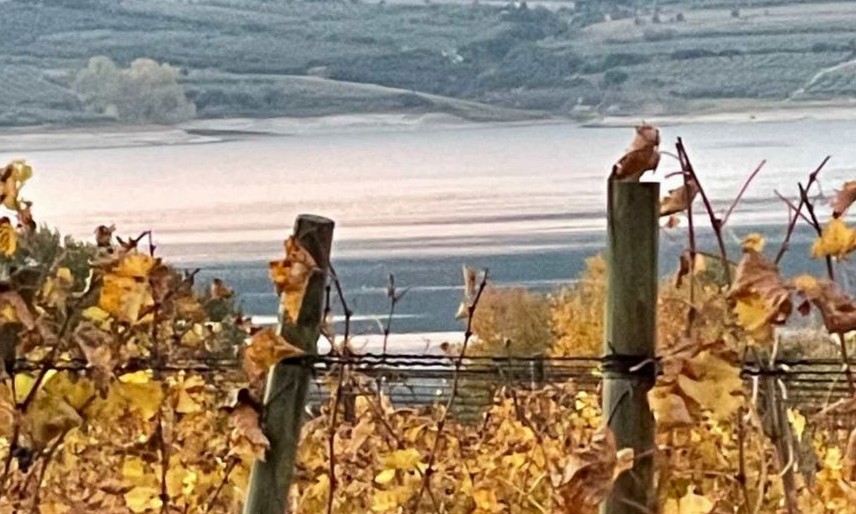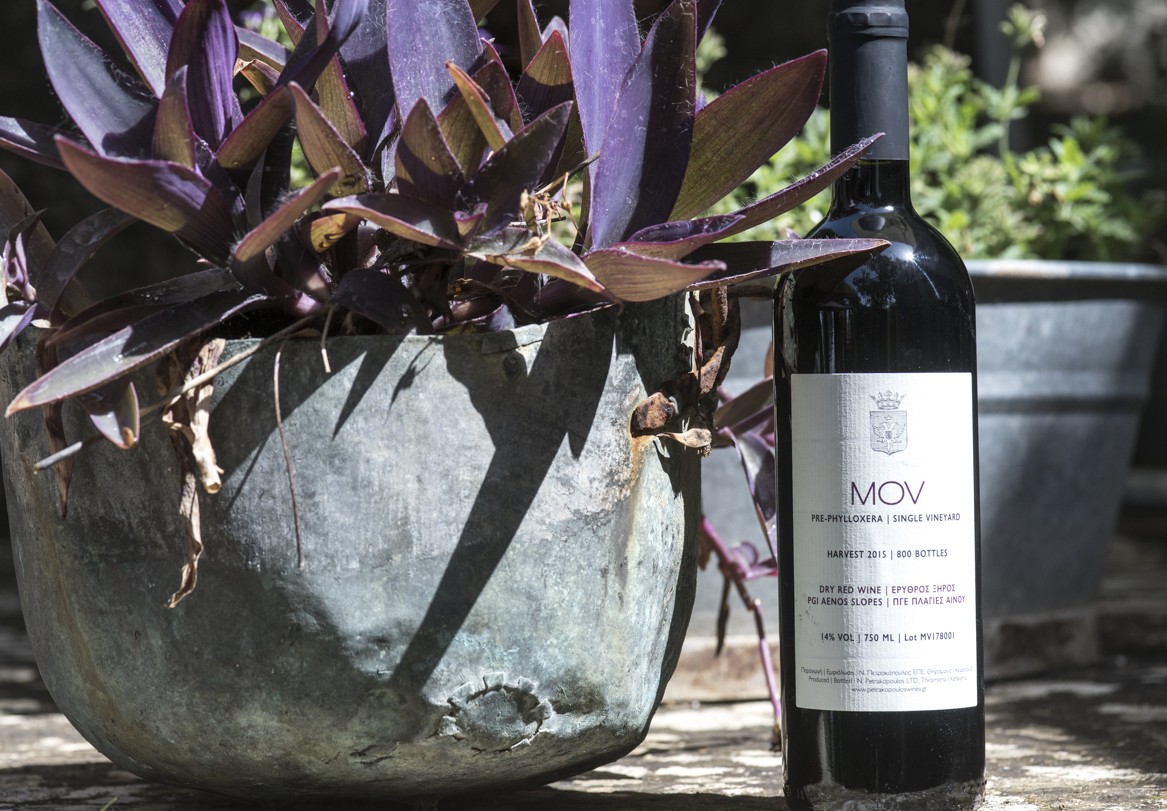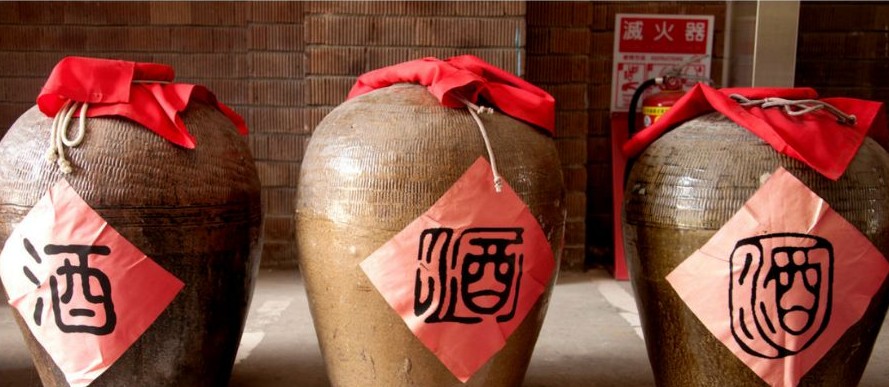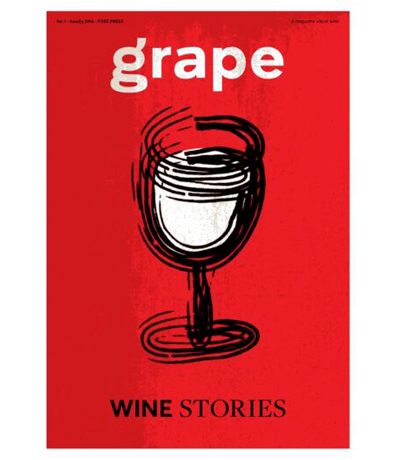It was 1992 when I began my journey into the world of wine. At that time, I approached it as a business venture, but it quickly morphed into more of an odyssey and eventually into a crusade.
I say this because, having launched Diamond Wine Importers, a company I formed for the myopic purpose of bringing artisanal Greek wines to the US market, the realization occurred to me early on that there was much to learn about the world of wine and the business of wine.
Almost immediately, it became clear to me that there was a mountain ahead and I had to adjust my approach from a traditional business model to a modus operandi more similar to apostolic preaching.
Eventually, I ended up tasking myself with the responsibility of spreading the gospel of Greek wine and evangelizing about the greatest untold story in the wine world, GREECE.
For me, this zeal was fueled by a deep sense of duty and a deep pride in being Greek, originally instilled in me by parents but carried forward by my own romantic vision of Greece and, of course, my stubbornness.
It seemed like a Sisyphean task to me because of the obstacles I faced and the battles I was waging, including the fight against outdated negative perceptions of Greece and Greek wines. What’s more, there was the lack of consumer knowledge that existed, the lack of information about Greece, little to no marketing support and a Greek wine industry which was itself taking its initial steps in defining itself as a world-class wine region. Patience and persistence became my mantra, and attaining respect for myself and for Greece became my goal.
Slowly and surely, because of the work of many individuals dedicated to their craft and to the mission of expressing Greece’s ecosystems and staying true to the history of respective regions, Greece marched forward, producing better and better wines, and we (the importers and distributors) worked diligently to establish those wines in very challenging export markets, fighting for every wine-list placement, battling for every inch on the retail shelf and always telling that great story.
Fast forward 30 years to the present, and it’s amazing to see the progress that’s been made.
We’ve have taken massive strides; for example, when I entered the Greek wine world, there was less then 100 wineries in Greece, whereas today the total stands at 1600 and counting.
Other changes have occurred as well; we have changed our appellation classification system to PDO and PGI, a marked improvement over the classifications that we had in the ’70s, ’80s and ’90s. This was a much needed and important step forward.
We’ve started clonal research for some of the indigenous varieties, put new plantings in regions that were previously not being cultivated, and initiated better viticulture techniques, among many other changes.
Today, Greek wines can express themselves with more depth and diversity than any other wine-producing country of its size and, in many cases, can provide more depth and diversity than larger wine-producing countries as well. All these great steps forward for Greece’s wine sector has, however, created dilemmas of its own and has brought us yet again to a crossroads. How do we define ourselves? What are the new challenges, and what is our future in the context of the worldwide market?
Opportunities /Challenges:
1 Increased tourism
Greece is chic, tourism is booming, investments are pouring in and awareness of Greek food products and wines is on the rise. For the wine sector, this presents a unique challenge; as tourism grows and as Greece becomes better known as a food and wine destination, the demand, both domestic and international, for Greek wines increases .
This puts greater pressure on all the producers, but especially the smaller ones, by increasing competition for grapes, driving up land prices, and boosting labor costs. All of this leads to the difficult decision: what’s the smarter and more profitable move, to sell more wine at home or to keep fighting in the export markets?
2 Packaging costs
Greece has disproportionally higher costs associated with packaging. Due to the lack of local glass production, paper production, capsules and all other material needs surrounding bottling and packaging, we are at a disadvantage when compared to other European countries such as Spain, France, and Germany. To keep ourselves competitive and relevant, this needs to addressed at some level.
3 Labor
Wineries are struggling to find competent, reliable workers, both for seasonal (harvest) and full-time employment. What’s more, agricultural labor costs are on the rise. This is good news for the workers, as Greece has some of the lowest wages in Europe, but it creates new financial challenges for the wineries because wine production is highly labor intensive.
4 Lack of effective marketing coordination
This not so much willful obstruction as it a matter of mistaken approach. There has always been marketing efforts to support the wine industry, and there have always been marketing efforts concerning tourism. The problem is, to date, Greece has never have had the all-encompassing, overarching messaging/branding campaign that joins the two. Tourism, or, to be more specific, agrotourism has been on the rise globally for decades in places such as the US, Italy, France and other countries, but Greece has yet to fully tap into that sector, and it has also failed to brand itself as a fine-wine and food destination.
This is extremely important for the growth of Greek wines and for Greece in general. The successful marketing of a country’s products tends to help develop positive opinions of the country and its people, and to create new opportunities. This type of “soft diplomacy” is an essential tool for Greece. We need to stimulate, for our country, that same warm, fuzzy feeling that people have for Italy. This feeling is linked to lifestyle, which includes, food, wine, fashion and, of course, Italian sports cars (that last category is, unfortunately, the one area where we can’t compete).
The future of Greece on the world wine stage is complicated because of these above-mentioned challenges, and for many others reasons that I haven’t yet broached. For instance, there are regions such as Santorini that need to change to survive as wine-producing areas. Santorini needs to redefine itself as a home to rare, small-production historic vineyards whose products can command a luxury price and appeal to the collector class of wine drinkers.
There are other regions, such as Nemea, the largest geographic red wine region of Greece, that very few wine drinkers outside of Greece know of at all. Nemea has everything it needs to produce great wines, and it does, but Nemea is not a one-size-fits-all region, and to date it has had neither the messaging nor the identity it needs to raise its profile.What it does have going for it is location; in this, it’s blessed like no other wine region of Greece. It’s close to Athens. What’s more, it has a rich history, with both ancient and medieval sites nearby, it’s not far from some very nice beaches, and there are castles and vineyards. Nonetheless, it remains undefined and underutilized by international standards.
I recently had the pleasure of visiting Delphi, which always serves to remind us of the dangers of predictions and of the power of manifest destiny. Predicting the future of Greek wines can be complex, because so many external and internal events can occur to flip the script on the best-laid plans. Nonetheless, I’m very optimistic about the future, as long as a strategic plan can be put in place and we have an honest opinion of who we are, where we fit in, and how we can compete with the rest of the wine world.
“Patience and persistence” is still my mantra as we push forward!
TEXT Ted Diamantis [ President Diamond Importers Inc.]

